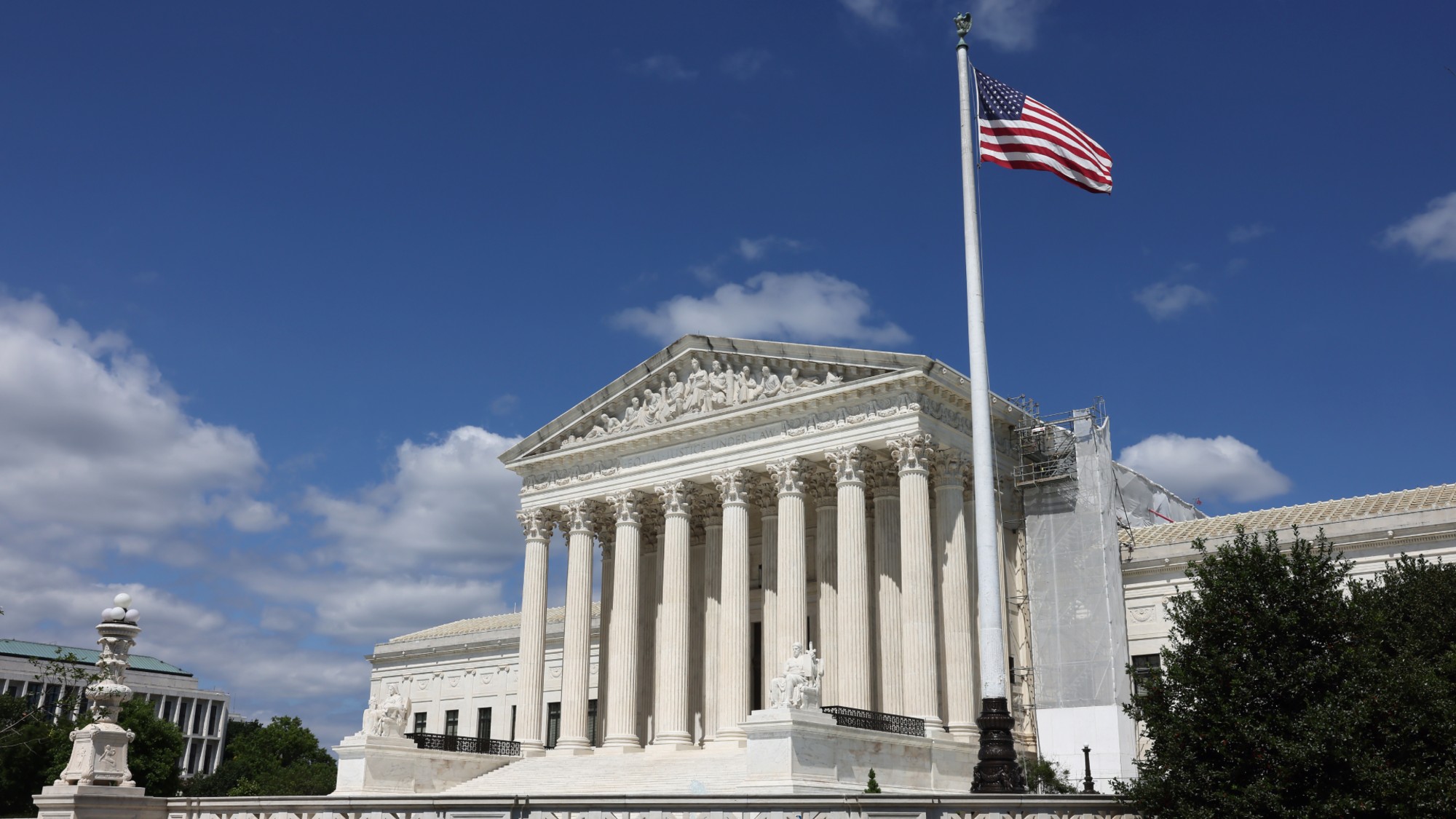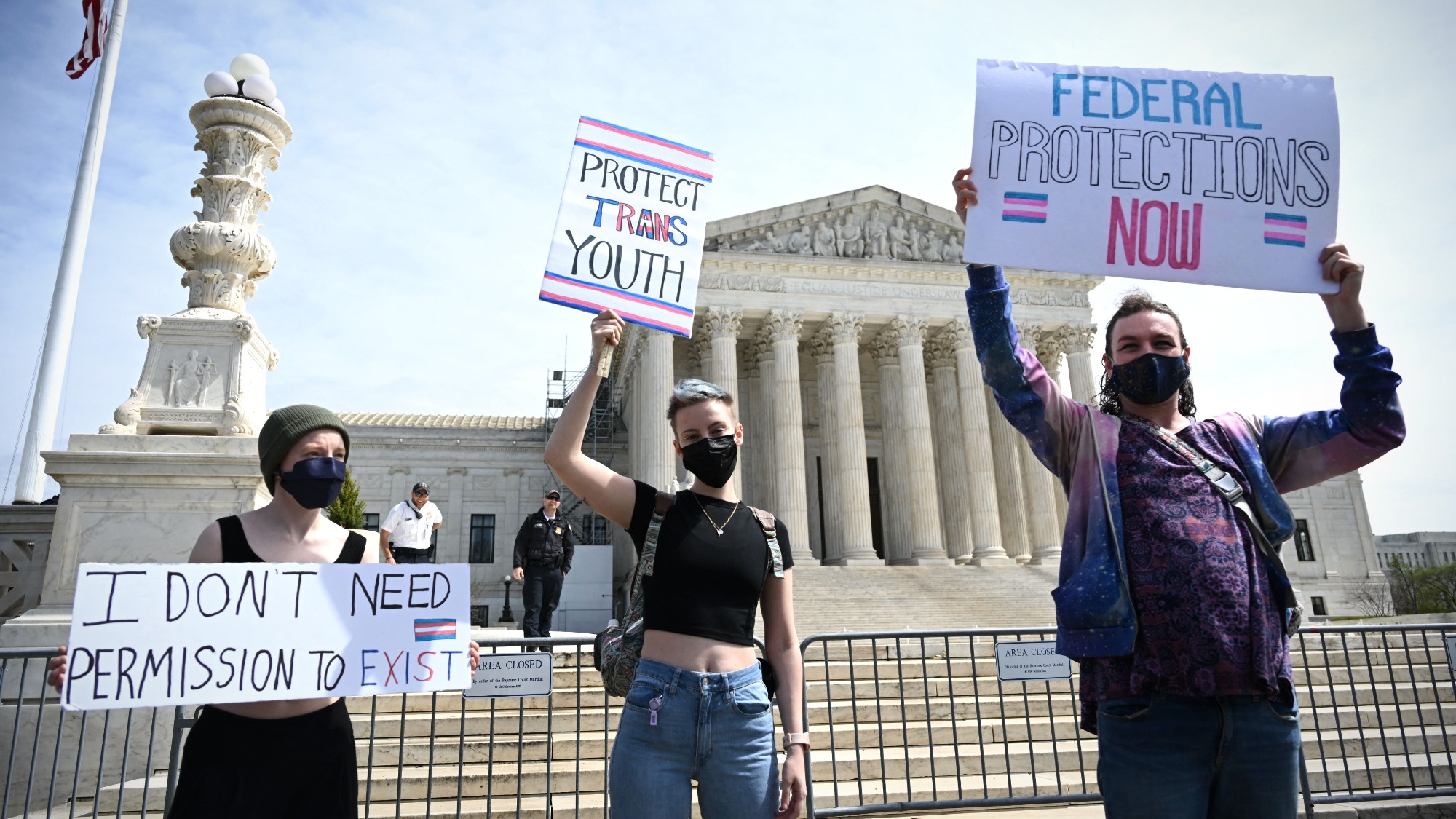Supreme Court places limits on state civil asset forfeiture


A free daily email with the biggest news stories of the day – and the best features from TheWeek.com
You are now subscribed
Your newsletter sign-up was successful
On Wednesday, the Supreme Court ruled 9-0 that constitutional protections against "excessive fines" extend to states through the 14th Amendment, placing limits on the ability of state and local police to seize and keep cars, cash, houses, and other assets used in the commission of crimes, even from people not accused of crimes. The practice, known as civil asset forfeiture, is a common and lucrative source of revenue for states and local governments, and it is frequently abused. The unanimous decision in the case, Timbs v. Indiana, won't end the practice but will allow people whose property was seized to argue in court that the amount taken was disproportionate to the crime.
"The historical and logical case for concluding that the 14th Amendment incorporates the Excessive Fines Clause is overwhelming," Justice Ruth Bader Ginsburg wrote for the eight-justice majority. (Justice Clarence Thomas wrote his own opinion.) "For good reason, the protection against excessive fines has been a constant shield throughout Anglo-American history: Exorbitant tolls undermine other constitutional liberties" and "can be used, for example, to retaliate against or chill the speech of political enemies."
In the case at hand, Indiana ordered small-time drug offender Tyson Timbs to pay $1,200 in fines and fees after pleading guilty to selling $225 of heroin, but they also seized his $42,000 Land Rover, arguing that even though he bought it with money from his father's life-insurance policy, he used it to commit crimes. "People are still going to lose their property without being convicted of a crime, they're still going to have their property seized," Wesley Hottot, a lawyer for Timbs, told The New York Times. "The new thing is that they can now say at the end of it all, whether I'm guilty or not, I can argue that it was excessive."
The Week
Escape your echo chamber. Get the facts behind the news, plus analysis from multiple perspectives.

Sign up for The Week's Free Newsletters
From our morning news briefing to a weekly Good News Newsletter, get the best of The Week delivered directly to your inbox.
From our morning news briefing to a weekly Good News Newsletter, get the best of The Week delivered directly to your inbox.
A free daily email with the biggest news stories of the day – and the best features from TheWeek.com
Peter has worked as a news and culture writer and editor at The Week since the site's launch in 2008. He covers politics, world affairs, religion and cultural currents. His journalism career began as a copy editor at a financial newswire and has included editorial positions at The New York Times Magazine, Facts on File, and Oregon State University.
-
 Quiz of The Week: 14 – 20 February
Quiz of The Week: 14 – 20 FebruaryQuiz Have you been paying attention to The Week’s news?
-
 The Week Unwrapped: Do the Freemasons have too much sway in the police force?
The Week Unwrapped: Do the Freemasons have too much sway in the police force?Podcast Plus, what does the growing popularity of prediction markets mean for the future? And why are UK film and TV workers struggling?
-
 Properties of the week: pretty thatched cottages
Properties of the week: pretty thatched cottagesThe Week Recommends Featuring homes in West Sussex, Dorset and Suffolk
-
 How far does religious freedom go in prison? The Supreme Court will decide.
How far does religious freedom go in prison? The Supreme Court will decide.The Explainer The plaintiff was allegedly forced to cut his hair, which he kept long for religious reasons
-
 The Supreme Court case that could forge a new path to sue the FBI
The Supreme Court case that could forge a new path to sue the FBIThe Explainer The case arose after the FBI admitted to raiding the wrong house in 2017
-
 ABC News to pay $15M in Trump defamation suit
ABC News to pay $15M in Trump defamation suitSpeed Read The lawsuit stemmed from George Stephanopoulos' on-air assertion that Trump was found liable for raping writer E. Jean Carroll
-
 Judge blocks Louisiana 10 Commandments law
Judge blocks Louisiana 10 Commandments lawSpeed Read U.S. District Judge John deGravelles ruled that a law ordering schools to display the Ten Commandments in classrooms was unconstitutional
-
 Supreme Court to weigh transgender care limits
Supreme Court to weigh transgender care limitsSpeed Read The case challenges a Tennessee law restricting care for trans minors
-
 ATF finalizes rule to close 'gun show loophole'
ATF finalizes rule to close 'gun show loophole'Speed Read Biden moves to expand background checks for gun buyers
-
 Hong Kong passes tough new security law
Hong Kong passes tough new security lawSpeed Read It will allow the government to further suppress all forms of dissent
-
 France enshrines abortion rights in constitution
France enshrines abortion rights in constitutionspeed read It became the first country to make abortion a constitutional right
